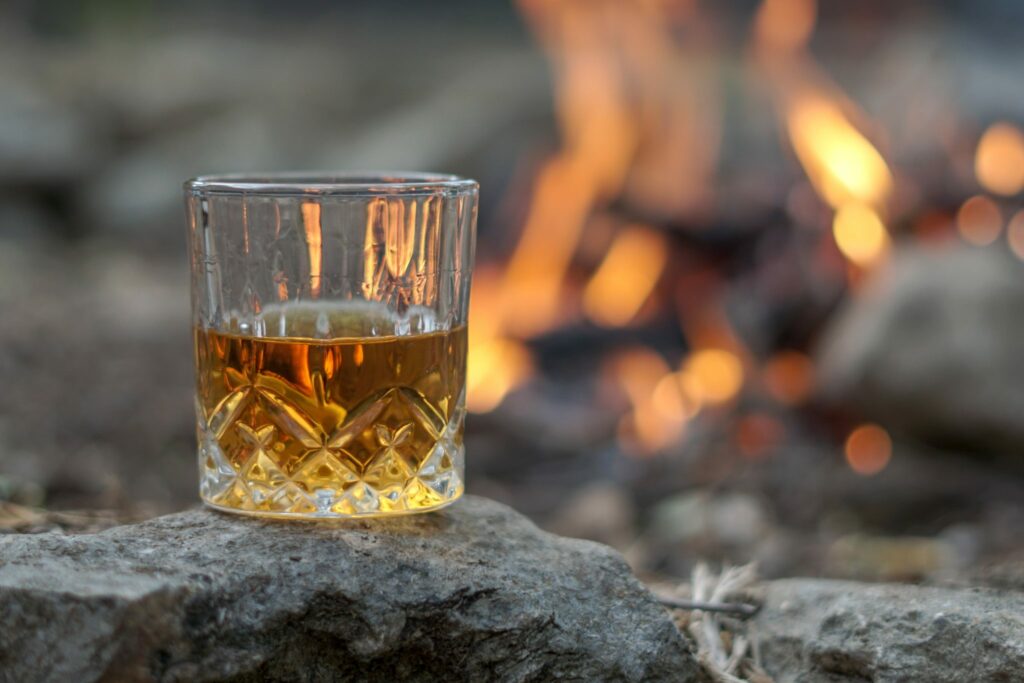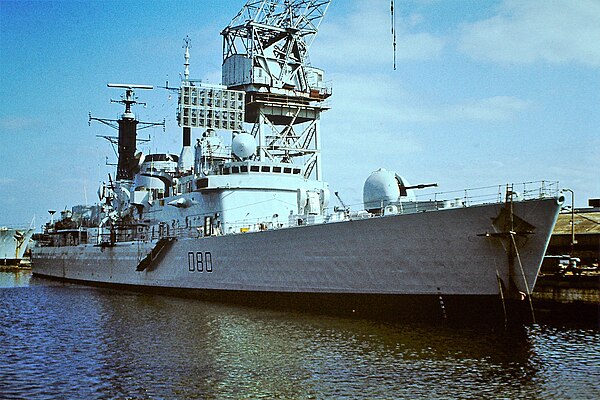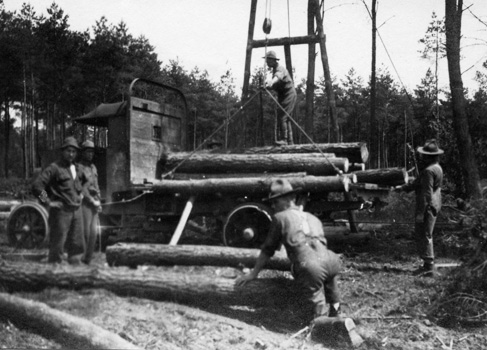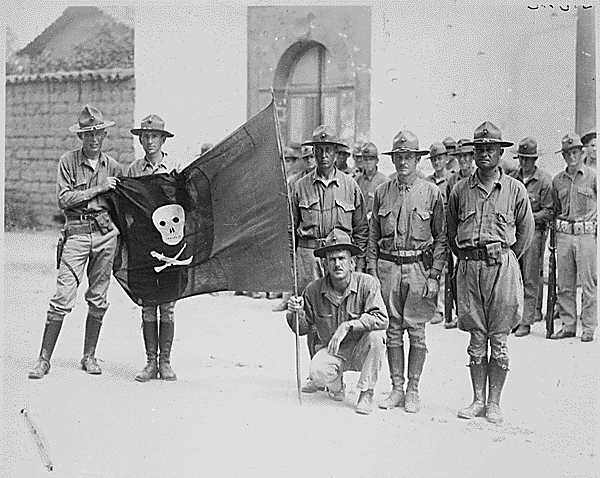Conflict over land is as old as recorded history, but the world has never seen another quite like the Whisky War. Wars have been fought, violently and continuously, over the rights to territories across the globe. In the case of Hans Island, however, the two countries at odds had a different way of staking their claim.
If you’ve never heard of Hans Island, it’s probably because, well, there’s not that much to say about it. The half-square mile island sits directly in the middle of the Nares Strait, a 22 mile wide waterway that separates the most northern land of Canada, Ellesmere Island, and Greenland, an autonomous Denmark territory.
Hans Island itself lacks any real natural resources or territorial advantages, it’s essentially a giant rock, and the only thing that keeps perpetuating the ownership debate is the fact that it sits within the 12 mile territorial limit of both Canada and Greenland, making it close enough that each country involved can claim it under international law.
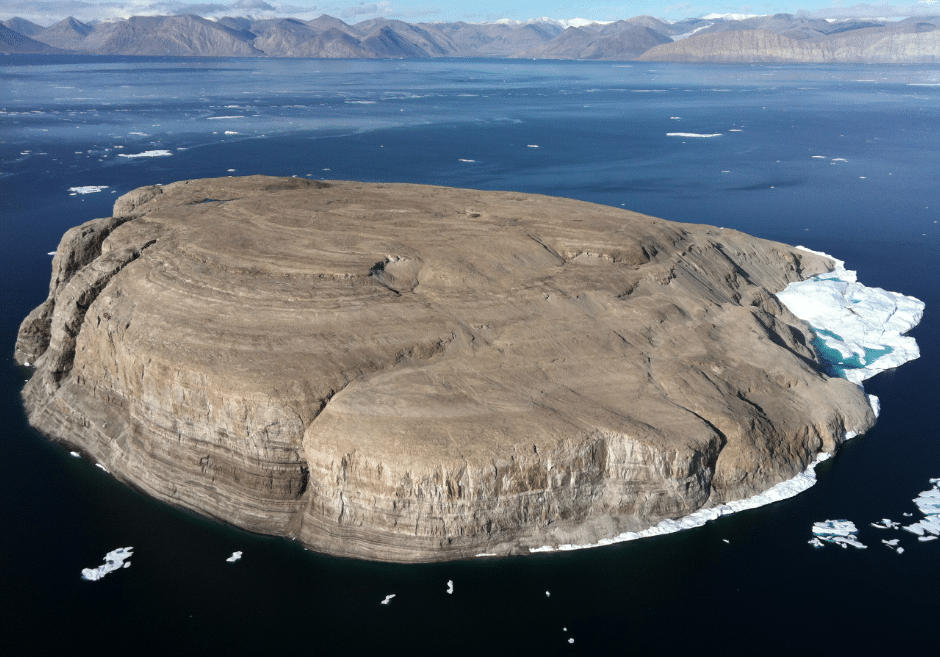
Related: Crucial Alaskan islands of WWII strategically important again
It started in 1880, when Hans Island got lost in the shuffle of the British transferring remaining arctic territories to Canada. Due to the use of predominantly outdated, 16th century maps, the small island was not explicitly included in the transfer, and as such wasn’t even recognized until decades later.
In 1933, Greenland was declared the rightful owner of Hans Island, by the ironically named Permanent Court of International Justice. This organization was dissolved within a few years of this decision and effectively replaced with the United Nations, and the aforementioned ownership resolution was deemed no longer valid, so Hans was once again up for grabs.
Both WWII and the Cold War took precedence over more trivial conversations, and even after a maritime border negotiation in the early 1970’s, the territory still sat simmering on the back burner.
The best part of the history of Hans Island comes in 1984, when Canadian troops visited the island and left behind something distinct to the Great White North, an erected Canadian flag, a sign that read “Welcome to Canada” and a bottle of Canadian Club whisky.

Related: Germany to evacuate its beer from Afghanistan
Not wanting to show up empty-handed to the party, Greenland’s Minister took a trip to the island soon after, removing and replacing all the Canadian offerings with their own flag, a bottle of Danish schnapps, and a sign that read “Velkommen til den danske ø” or “Welcome to the Danish Island.”
And thus began the first chapter of one of the most neighborly and hospitable disputes (or elaborate drinking games) in history, known as The Whisky War. Since then, there have been continued trips by both sides to collect and replace the other party’s goods, and while what happens to the alcohol when it’s taken off the island has never been confirmed, the assumption is someone is out there enjoying it.

In more recent years, both Canadian and Danish representatives have called for the island to be declared a shared sovereignty, but it remains unclear if and when any official resolution to the Whisky War has been reached. Lawmakers have even cited this ongoing discourse as setting an interesting precedent or subsequently having ramifications for border negotiations, particularly international ones.
All in all, few things make for a better story than two allied countries fighting a battle over land for more than three decades with welcome signs and booze.
Editor’s Note: While the word “whiskey” is commonly spelled with an E preceding the Y in the United States, the E is notably absent from the word in nations like Canada, where this story takes place. There actually is a defined difference between the terms, but colloquially, they are often used interchangeably.
Read more from Sandboxx News:
- Winter warfare: Ukraine a case study for America’s arctic pivot
- How the Christmas Truce of 1914 put a global conflict on pause
- What is the South China Sea and why is the US Navy challenging China there?
- How this Navy SEAL would get the Space Force on the right track
- Do Marines really eat crayons? Only the red ones
